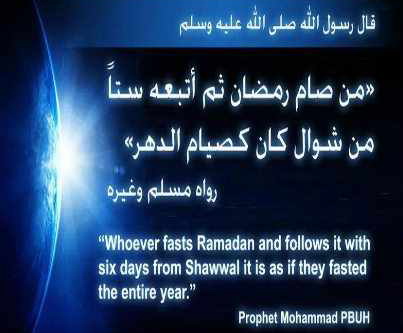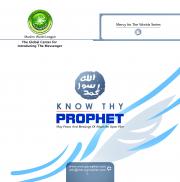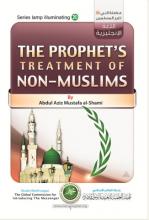The Prophet of Mercy Website
Muslim World League - Global Commission for Introducing the Messenger
His Rights
The First: Having noticed the spread of his offspring, increase of his property and exalt of
his honour after Halil’s death, Qusai found himself more entitled to shoulder responsibility of
rulership over Makkah and custodianship of the Sacred House than the tribes of Khuza‘a and
Bani Bakr. He also advocated that Quraish were the chiefs of Ishmael’s descendants.
Therefore he consulted some men from Quraish and Kinana concerning his desire to
evacuate Khuza‘a and Bani Bakr from Makkah. They took a liking to his opinion and
supported him.
14
The sons of ‘Abd
Munaf, however, cast the lot for their charge, and consequently left the charge of food and water
giving to Hashim bin ‘Abd Munaf, upon whose death, the charge was taken over by a brother of his
called Al-Muttalib bin ‘Abd Manaf and afterwards by ‘Abd Al-Muttalib bin Hashim, the Prophet’s
grandfather, whose sons assumed this position until the rise of Islam, during which ‘Abbas bin
‘Abdul-Muttalib was in charge.
Many other posts were distriamong people of Quraish for establishing the pillars of a new democratic
1. Presiding over An-Nadwa House meetings where consultations relating to serious issues
were conducted, and marriage contracts were announced.
2. The Standard: He monopolized in his hand issues relevant to war launching.
3. Doorkeeping of Al-Ka‘bah: He was the only one eligible to open its gate, and was
responsible for its service and protection.
4. Providing water for the Pilgrims: This means that he used to fill basins sweetened by dates
and raisins for the pilgrims to drink.
We have previously mentioned the Qahtanide and ‘Adnanide emigrations, and division of Arabia
between these two tribes. Those tribes dwelling near Heerah were subordinate to the Arabian king
of Heerah, while those dwelling in the Syrian semi-desert were under domain of the Arabian
Ghassanide king, a sort of dependency that was in reality formal rather than actual. However, those
living in the hinder deserts enjoyed full autonomy.
These tribes in fact had heads chosen by the whole tribe which was a demi-government based on
The three Arab regions adjacent to foreigners suffered great weakness and inferiority. The people
there were either masters or slaves, rulers or subordinates. Masters, especially the foreigners, had
claim to every advantage; slaves had nothing but responsibilities to shoulder. In other words,
arbitrary autocratic rulership brought about encroachment on the rights of subordinates, ignorance,
oppression, iniquity, injustice and hardship, and turning them into people groping in darkness and
The tribes
living near these regions were fluctuating between Syria and Iraq, whereas those living inside Arabia
were disunited and governed by tribal conflicts and racial and religious disputes.
They had neither a king to sustain their independence nor a supporter to seek advice from, or
depend upon, in hardships.
The rulers of Hijaz, however, were greatly esteemed and respected by the Arabs, and were
considered as rulers and servants of the religious centre. Rulership of Hijaz was, in fact, a mixture of
- « first
- ‹ previous
- 1
- 2
- 3






